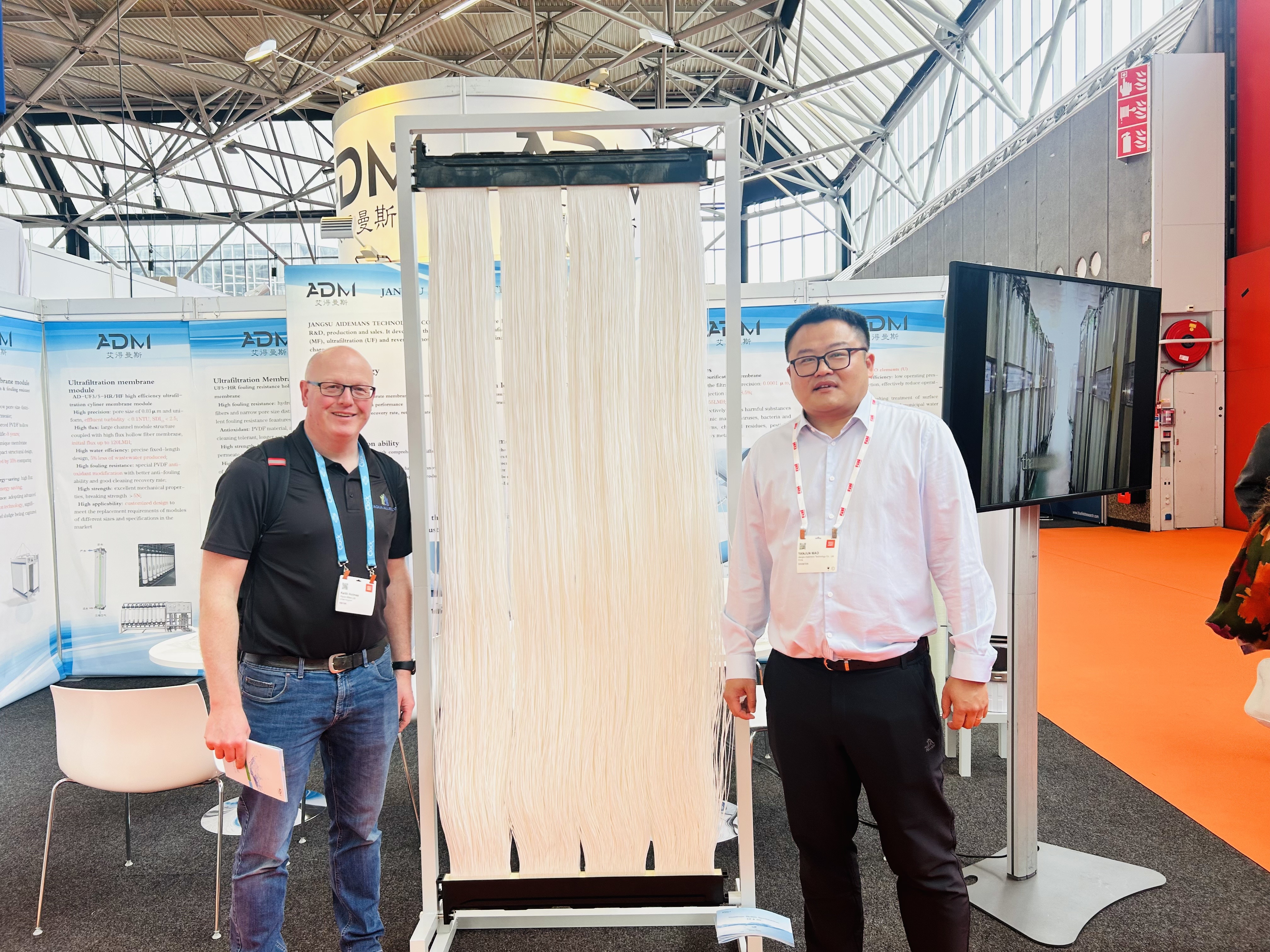Understanding Reverse Osmosis LPI: A Key Component in Industrial Filtration
Release time:
2025-09-11
Reverse Osmosis LPI, or Low-Pressure Integration, is an innovative process used in the realm of industrial filtration, particularly in water purification systems. This technology utilizes semi-permeable membranes to eliminate impurities from water, including salts, organic materials, and even microorganisms. By applying pressure to the water, Reverse Osmosis (RO) effectively separates contaminants
Reverse Osmosis LPI, or Low-Pressure Integration, is an innovative process used in the realm of industrial filtration, particularly in water purification systems. This technology utilizes semi-permeable membranes to eliminate impurities from water, including salts, organic materials, and even microorganisms. By applying pressure to the water, Reverse Osmosis (RO) effectively separates contaminants, ensuring that only pure water passes through.
One of the primary advantages of utilizing Reverse Osmosis LPI in filtration systems is its ability to produce high-quality, potable water. This is particularly essential in industries where water quality directly affects production processes, such as food and beverage manufacturing, pharmaceuticals, and even electronics. The ability to remove up to 99% of dissolved solids makes Reverse Osmosis LPI an indispensable tool for maintaining purity standards.
Moreover, the Low-Pressure aspect of this technology is noteworthy. Traditional RO systems often require high pressures to achieve effective filtration, which can lead to increased operational costs and energy consumption. By integrating low-pressure designs, Reverse Osmosis LPI minimizes energy use, making it a more sustainable choice for industrial applications. This reduction in energy demand not only lowers operational costs but also contributes to a decrease in the environmental impact, making it a more eco-friendly option.
Another critical aspect of Reverse Osmosis LPI is its versatility. This system can be adapted for various applications, whether in treating municipal water supplies, recycling wastewater, or producing high-purity water for specialized industrial processes. The modular design allows for easy scalability, enabling industries to adjust their filtration capacity according to changing demands.
Maintenance is also an essential consideration when it comes to Reverse Osmosis LPI systems. Regular monitoring and cleaning of the membranes are crucial to ensure optimal performance and longevity. Users are often encouraged to implement a proactive maintenance schedule that includes inspecting pressure gauges, cleaning the membranes, and replacing them as necessary to prevent fouling and scaling, which can compromise filtration efficiency.
In conclusion, Reverse Osmosis LPI represents a significant advancement in industrial filtration technology. Its ability to deliver high-quality water with lower energy consumption makes it a preferred choice for many industries. With ongoing innovations in membrane technology and system design, the future of Reverse Osmosis LPI looks promising, positioning it as a vital component in modern water purification solutions. Understanding its functionality and benefits can empower industries to make informed decisions about their filtration needs and enhance overall operational efficiency.
One of the primary advantages of utilizing Reverse Osmosis LPI in filtration systems is its ability to produce high-quality, potable water. This is particularly essential in industries where water quality directly affects production processes, such as food and beverage manufacturing, pharmaceuticals, and even electronics. The ability to remove up to 99% of dissolved solids makes Reverse Osmosis LPI an indispensable tool for maintaining purity standards.
Moreover, the Low-Pressure aspect of this technology is noteworthy. Traditional RO systems often require high pressures to achieve effective filtration, which can lead to increased operational costs and energy consumption. By integrating low-pressure designs, Reverse Osmosis LPI minimizes energy use, making it a more sustainable choice for industrial applications. This reduction in energy demand not only lowers operational costs but also contributes to a decrease in the environmental impact, making it a more eco-friendly option.
Another critical aspect of Reverse Osmosis LPI is its versatility. This system can be adapted for various applications, whether in treating municipal water supplies, recycling wastewater, or producing high-purity water for specialized industrial processes. The modular design allows for easy scalability, enabling industries to adjust their filtration capacity according to changing demands.
Maintenance is also an essential consideration when it comes to Reverse Osmosis LPI systems. Regular monitoring and cleaning of the membranes are crucial to ensure optimal performance and longevity. Users are often encouraged to implement a proactive maintenance schedule that includes inspecting pressure gauges, cleaning the membranes, and replacing them as necessary to prevent fouling and scaling, which can compromise filtration efficiency.
In conclusion, Reverse Osmosis LPI represents a significant advancement in industrial filtration technology. Its ability to deliver high-quality water with lower energy consumption makes it a preferred choice for many industries. With ongoing innovations in membrane technology and system design, the future of Reverse Osmosis LPI looks promising, positioning it as a vital component in modern water purification solutions. Understanding its functionality and benefits can empower industries to make informed decisions about their filtration needs and enhance overall operational efficiency.


